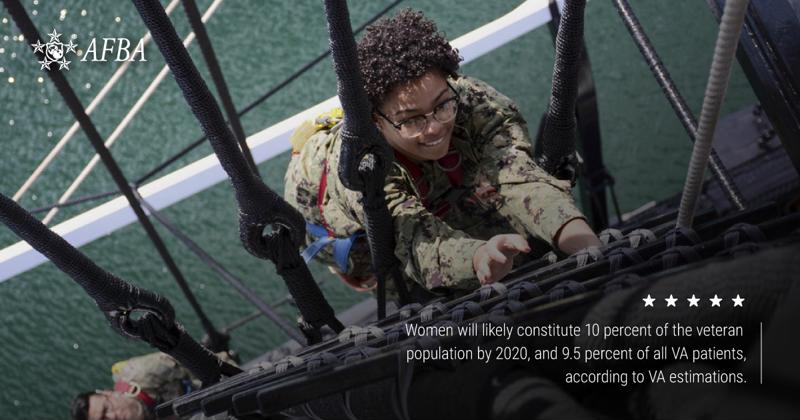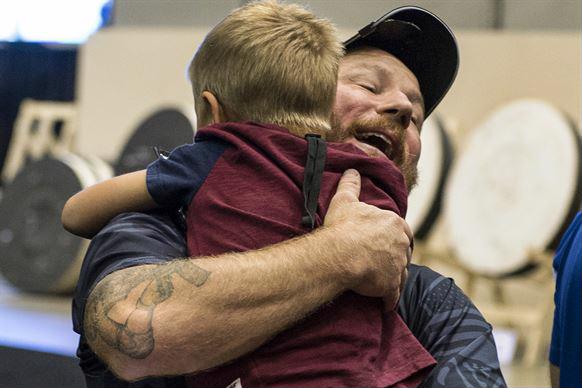In 2011, the U.S. Department of Veterans Affairs surveyed U.S. veterans and found that a third of them were interested in childcare services, and more than one in ten said they had canceled or rescheduled at least one VA appointment due to lack of childcare. In response, the VA initiated a pilot program that set up three child care centers with free drop-in services for veterans with children.
Because the pilot was set to expire after one year, Congress had to reauthorize it four times since it first launched. However, it now appears likely that the program will finally become permanent, after the U.S. House of Representatives recently passed legislation that would provide free child care for certain veterans at VA facilities nationwide.
Bill would help veterans with issues requiring intensive and recurring treatment
The Veterans' Access to Child Care Act, H.R. 840, would provide free child care to veterans who are seeking help from the VA for certain intensive and recurring medical and mental health care issues, such as treatment for cancer or therapy for post-traumatic stress disorder. The law would expand and make permanent the 2011 pilot program, which has grown from three to five locations in the last few years.
In 2015, the VA estimated that more than 10,000 children had received free daycare in the first four years of the program's existence, with women veterans taking advantage of the program in significantly higher numbers than their male counterparts, according to Stars and Stripes. This was part of the VA's justification for starting the pilot, based on their estimation that women would constitute 10 percent of the veteran population by 2020, and 9.5 percent of all VA patients.
The legislation requires the VA to either provide child care on site, provide veterans with a stipend for the full cost of child care at licensed facilities, directly pay the facilities or collaborate with other agencies. The bill would also extend to grandparents and other primary caretakers.

"We made a promise that our veterans will get the care they've earned," Rep. Julia Brownley of California told the Military Times. "We can't put insurmountable roadblocks in front of their ability to receive that care."
Brownley introduced the legislation, and said that the VA secretary will ultimately determine which veterans are eligible for the program, but the intent is to help those with serious health care problems that require
"For example, a veteran who is undergoing cancer treatment cannot afford to miss medical appointments – and may need a safe place to leave their young child while they receive chemotherapy or radiation therapy," said Rep. Brownley. "Likewise, veterans who have regular mental healthcare appointments may need assistance with child care, because it would be inappropriate for young children to be present for tough conversations with a therapist."
The bill still needs to pass the Senate before it can be signed into law, but it appears to have broad bipartisan support.


